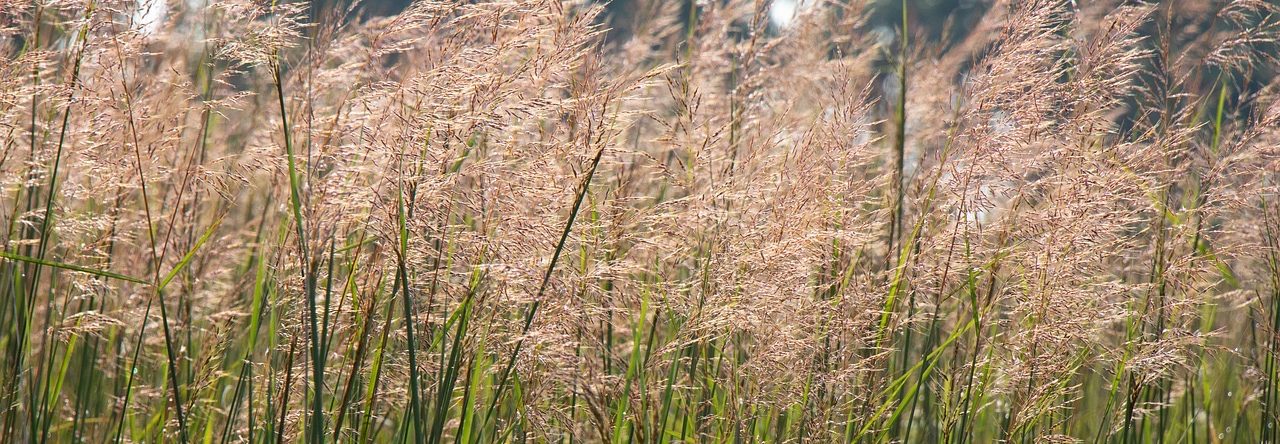The U.S. Army Corps of Engineers (“Corps”) made a last-minute recall of a permit given to Formosa Plastics for the construction of a new petrochemical plant along the Mississippi River in St. James Parish, Louisiana.[1] The Corps explained in a recent court filing that “[d]urging its review of the permit, it has now come to the Corps’ attention that an element of the permit warrants additional evaluation.”[2] The motion came just a day before the court’s deadline for the agency to file its cross-motion for summary judgment.
Environmental advocacy groups and local residents had been pressing the Corps to deny Formosa the permit, arguing construction of the petrochemical plant would exasperate the public health concerns in St. James Parish.[3] The area is predominantly black and low-income; the per capita income is about 40% lower than the national average.[4]
The area where Formosa Plastics plans to build the plant is already a hub for pollution. The area is known as “Cancer Alley” because residents face some of the highest risks of cancer in the country due to a heavy concentration of petrochemical plants.[5] The proposed plant would emit 800 tons of toxic air pollution each year, which would roughly double toxic air emissions in area.[6] The construction of the plant would also harm the burial grounds of enslaved Black people.[7]
Despite local residents’ concerns, the Corps initially approved the permit, environmental advocacy groups and local residents filed a lawsuit seeking to enjoin the Formosa permit.[8] The suit alleged the Corps did not properly assess the project under the Clean Air and Water Acts by approving the destruction of natural wetlands and failing to account for public health effects.[9]
Activists and advocacy groups alike were overjoyed by the news coming from the Corps.[10] The Corps’ decision to suspend and reassess the permit is another example of how environmental advocacy groups and community members can work together to make environmental justice a reality.
[1] Clark Mindock, Feds Say ‘Cancer Alley’ Plant Permits Need Second Look, Law 360 (Nov. 5, 2020), https://www.law360.com/construction/articles/1326075/feds-say-cancer-alley-plant-permits-need-second-look.
[2] Federal Defendant’s Motion to Stay Summary Judgment Briefing Pending Resolution of Motion for Voluntary Remand at 2, Center for Biodiversity v. U.S. Army Corps of Eng’rs v. FG LA LLC, No. 1:20-cv-103-RDM (D.D.C. Nov. 4, 2020), https://www.law360.com/articles/1326075/attachments/0.
[3] Julie Dermansky, Anti-pollution Advocates Cheer as Army Corps Reviews Formosa Plastics Permit in Louisiana, Desmog Blog (Nov. 5, 2020), https://www.desmogblog.com/2020/11/05/army-corps-reviews-formosa-plastics-permit-louisiana.
[4] Tristan Baurick, The Times-Picayune and The Advocate, Lylla Younes, ProPublica, and Joan Meiners, The Times-Picayune and The Advocate, Welcome to “Cancer Alley,” Where Toxic Air Is About to Get Worse (Oct. 30, 2019), https://www.propublica.org/article/welcome-to-cancer-alley-where-toxic-air-is-about-to-get-worse.
[5] Id.
[6]Julie Teel Simmonds, Army Corps Suspends Permit for Formosa Plastics’ Controversial Louisiana Plant, Center for Biological Diversity (Nov. 5, 2020), https://biologicaldiversity.org/w/news/press-releases/army-corps-suspends-permit-for-formosa-plastics-controversial-louisiana-plant-2020-11-04/.
[7] Id.
[8] Lylla Younes, Permit for Controversial $9 Billion Plastics Plant in “Chemical Alley” to Be Put on Hold, ProPublica (Nov.5, 2020), https://www.propublica.org/article/permit-for-controversial-9-billion-plastics-plant-in-chemical-alley-to-be-put-on-hold.
[9] Id.
[10] Dermansky, supra note 3

